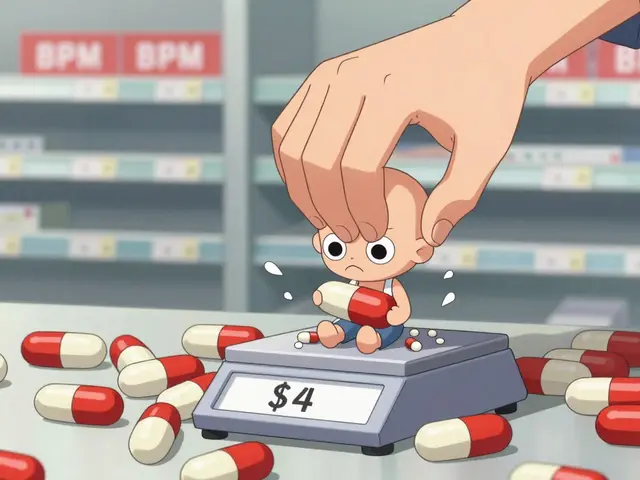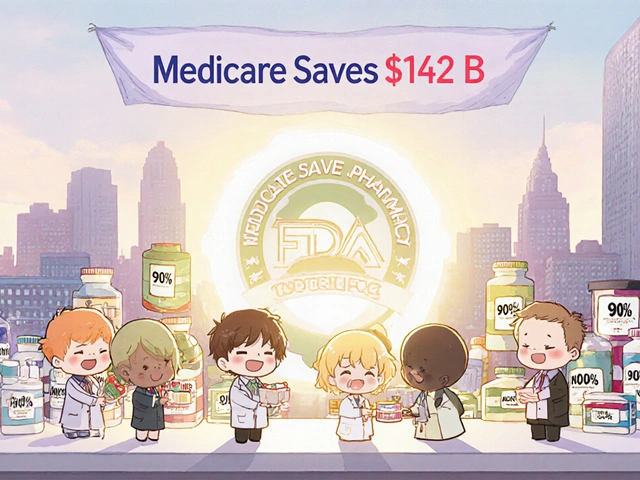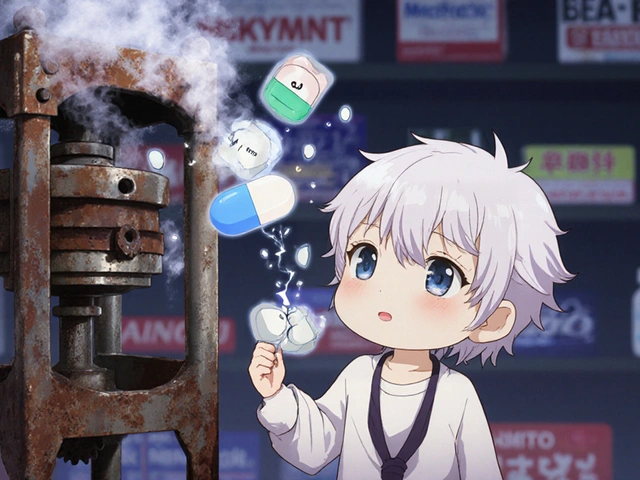Proton Pump Inhibitors: What They Are, How They Work, and What You Need to Know
When your stomach makes too much acid, it can cause heartburn, ulcers, or damage to your esophagus. That’s where proton pump inhibitors, a class of drugs that block the final step of acid production in the stomach. Also known as PPIs, they are among the most commonly prescribed medications worldwide for acid-related conditions. Unlike antacids that just neutralize acid temporarily, PPIs stop the acid at the source—by shutting down the proton pumps in stomach cells that produce it. This makes them powerful, long-lasting, and often necessary for people with chronic issues like GERD or Barrett’s esophagus.
Common PPIs include omeprazole, the active ingredient in Prilosec and many generics. Also known as Losec, it’s one of the oldest and most studied PPIs. Others like esomeprazole, lansoprazole, and pantoprazole work similarly but vary slightly in how fast they kick in or how long they last. You’ll find them in everything from over-the-counter tablets to hospital-grade IV forms. They’re used for more than just heartburn—doctors prescribe them for H. pylori infections, Zollinger-Ellison syndrome, and even to protect the stomach when taking NSAIDs like ibuprofen long-term.
But they’re not harmless. Taking PPIs for months or years can lead to problems like low magnesium, vitamin B12 deficiency, or increased risk of bone fractures and gut infections. Some people end up dependent on them because stopping suddenly can cause rebound acid hypersecretion—where the stomach overcompensates and makes even more acid. That’s why many doctors now recommend the lowest effective dose for the shortest time possible. If you’ve been on a PPI for over a year, it’s worth talking to your doctor about whether you still need it.
The posts below cover real-world issues tied to these drugs: how to save money with generic versions like omeprazole, what to watch for when switching brands, how pharmacies handle back-orders for PPIs, and how to use them safely without risking side effects. You’ll also find comparisons between different acid-reducing meds, including when an H2 blocker might be better than a PPI. Whether you’re just starting out or have been on these meds for years, there’s something here to help you make smarter, safer choices.
Acid-Reducing Medications: How They Interfere With Other Drugs

Acid-reducing medications like PPIs can drastically reduce the absorption of critical drugs such as HIV treatments and cancer therapies. Learn which medications are at risk and how to prevent dangerous interactions.
read more



